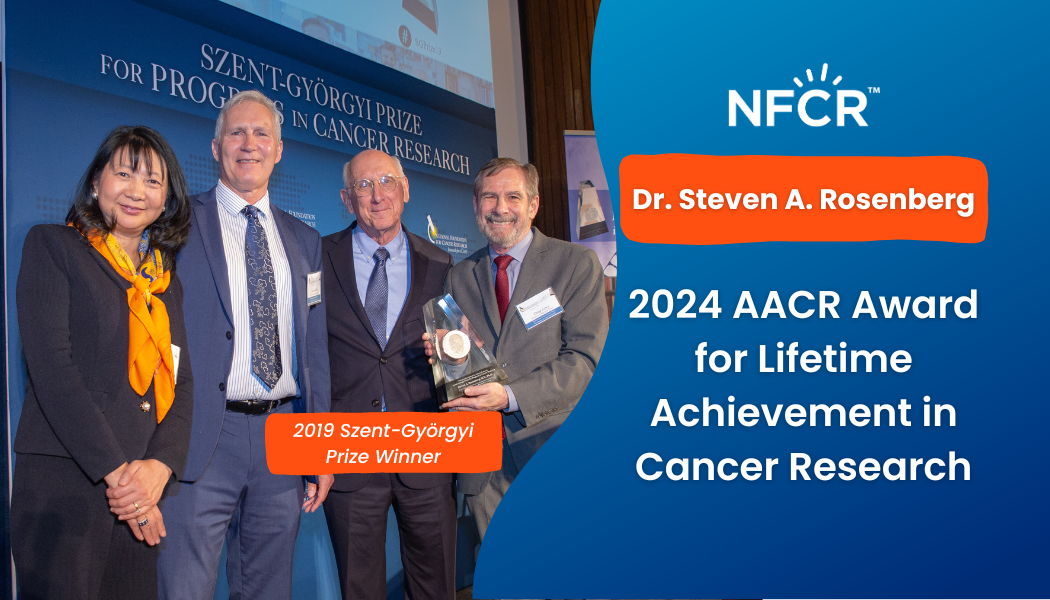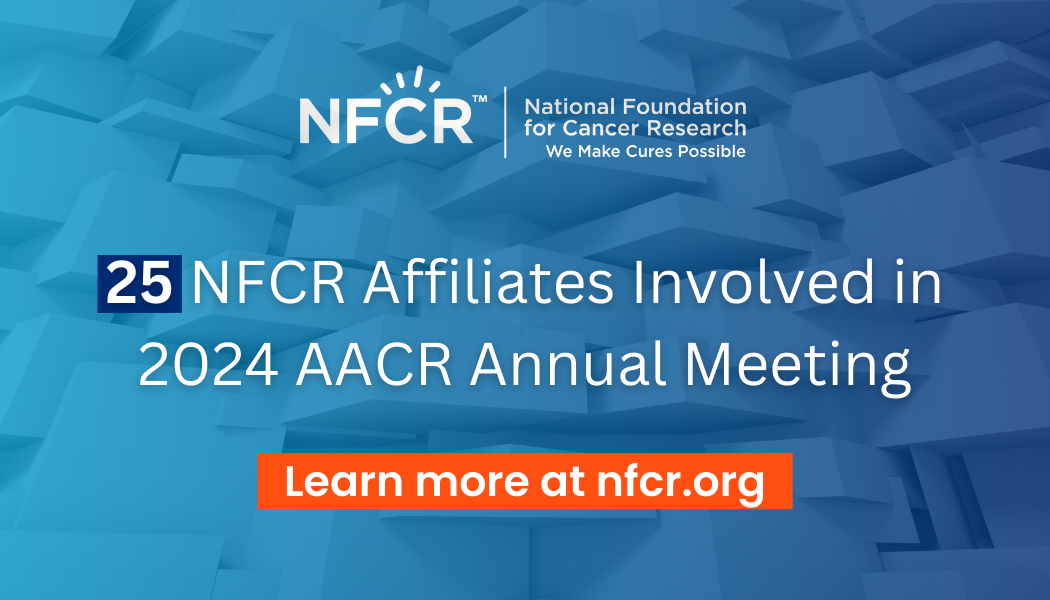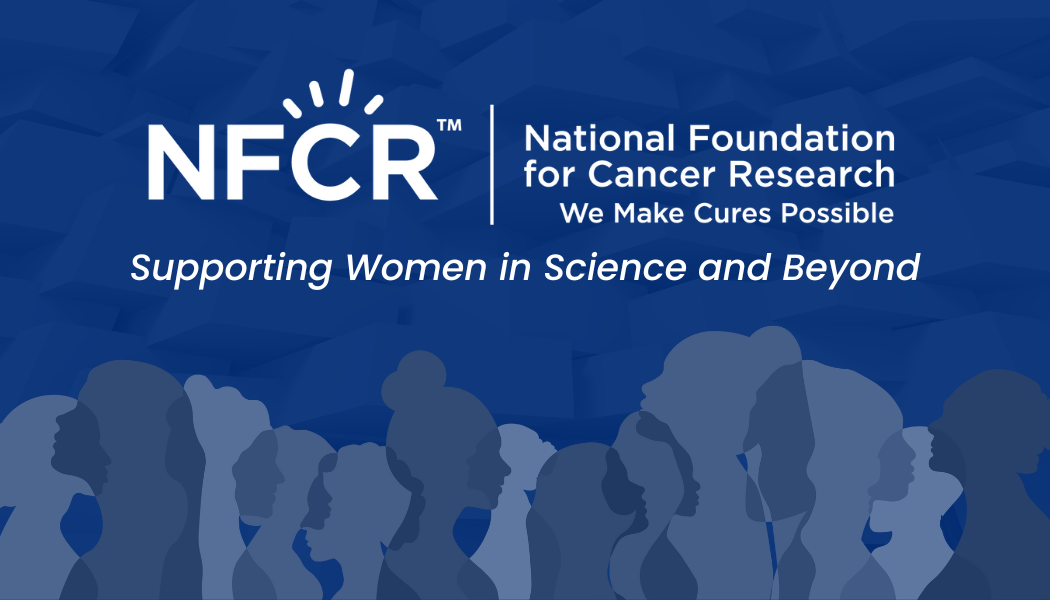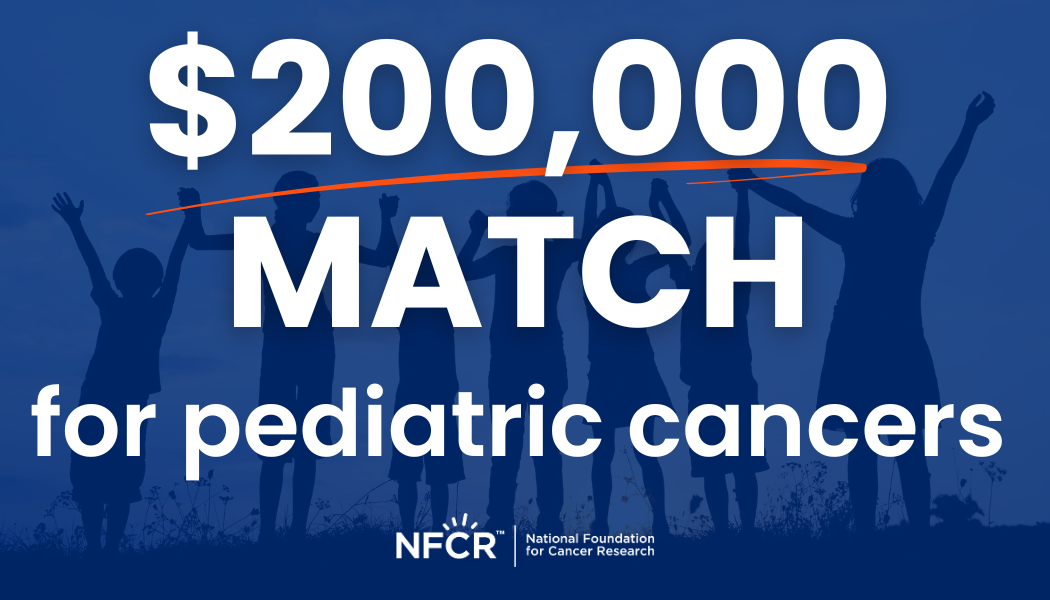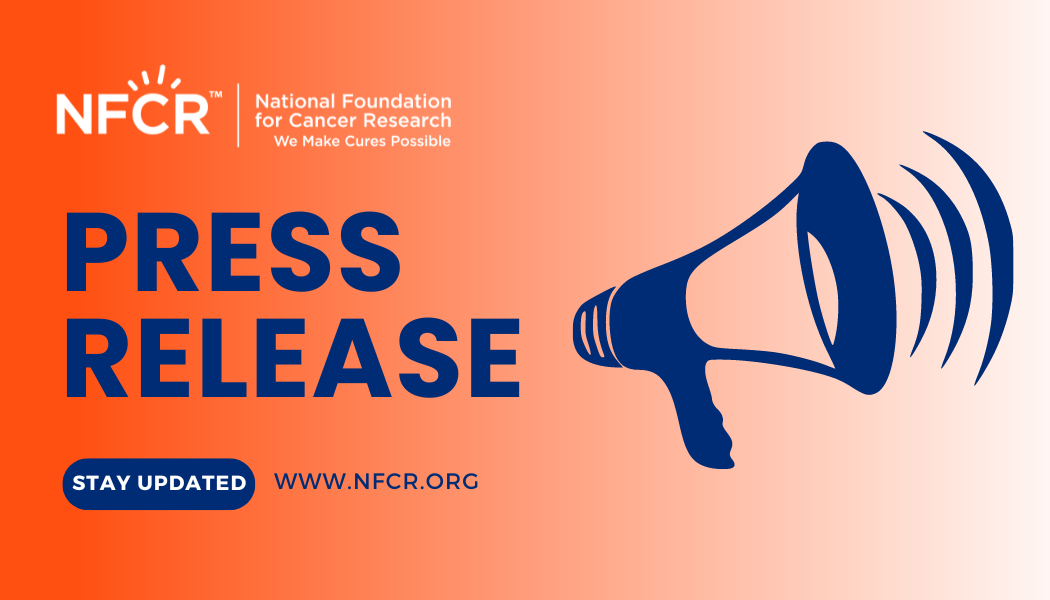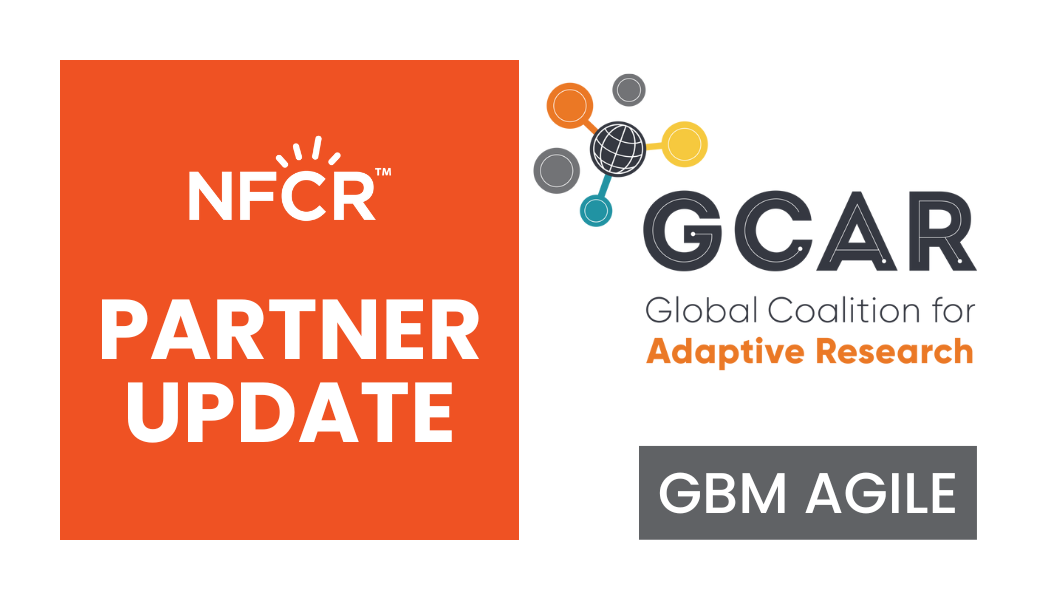View our latest video to learn more about NFCR’s mission, focus and unique approach to cancer research.
Years
51
Individual Donors
5,300,000
Research & Program Support
$410,000,000
How to Get Involved
The National Foundation for Cancer Research offers the latest news and information in cancer research, treatment, prevention and education. We encourage you to sign-up to explore our newsletter articles, blog posts, survivor stories, local events and more.










